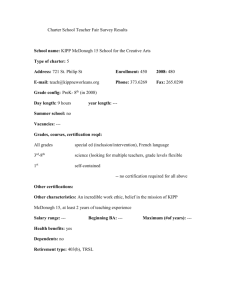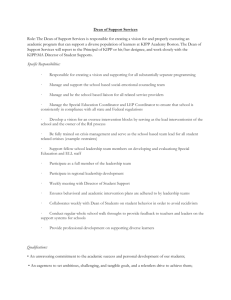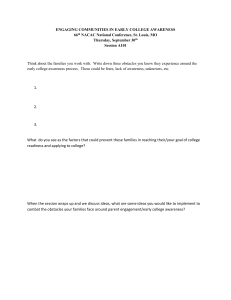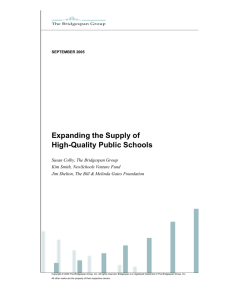Effect of Propranolol on Serum Potassium Changes during Acute
advertisement
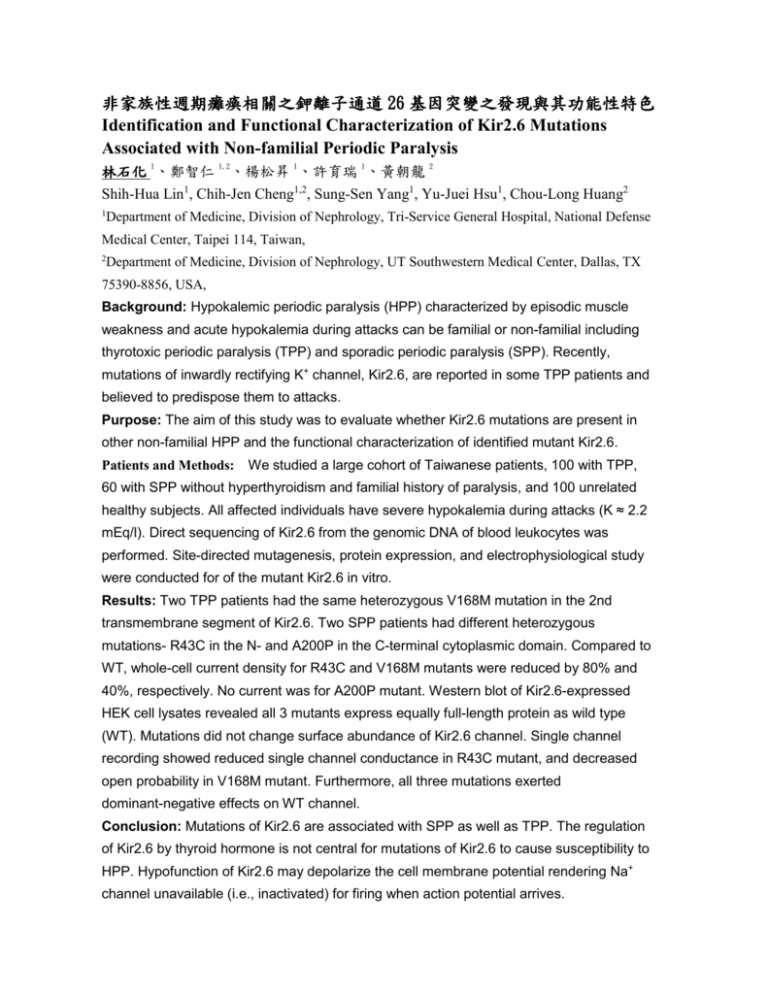
非家族性週期癱瘓相關之鉀離子通道 26 基因突變之發現與其功能性特色 Identification and Functional Characterization of Kir2.6 Mutations Associated with Non-familial Periodic Paralysis 林石化 1、鄭智仁 1,2、楊松昇 1、許育瑞 1、黃朝龍 2 Shih-Hua Lin1, Chih-Jen Cheng1,2, Sung-Sen Yang1, Yu-Juei Hsu1, Chou-Long Huang2 1 Department of Medicine, Division of Nephrology, Tri-Service General Hospital, National Defense Medical Center, Taipei 114, Taiwan, 2 Department of Medicine, Division of Nephrology, UT Southwestern Medical Center, Dallas, TX 75390-8856, USA, Background: Hypokalemic periodic paralysis (HPP) characterized by episodic muscle weakness and acute hypokalemia during attacks can be familial or non-familial including thyrotoxic periodic paralysis (TPP) and sporadic periodic paralysis (SPP). Recently, mutations of inwardly rectifying K+ channel, Kir2.6, are reported in some TPP patients and believed to predispose them to attacks. Purpose: The aim of this study was to evaluate whether Kir2.6 mutations are present in other non-familial HPP and the functional characterization of identified mutant Kir2.6. Patients and Methods: We studied a large cohort of Taiwanese patients, 100 with TPP, 60 with SPP without hyperthyroidism and familial history of paralysis, and 100 unrelated healthy subjects. All affected individuals have severe hypokalemia during attacks (K ≈ 2.2 mEq/l). Direct sequencing of Kir2.6 from the genomic DNA of blood leukocytes was performed. Site-directed mutagenesis, protein expression, and electrophysiological study were conducted for of the mutant Kir2.6 in vitro. Results: Two TPP patients had the same heterozygous V168M mutation in the 2nd transmembrane segment of Kir2.6. Two SPP patients had different heterozygous mutations- R43C in the N- and A200P in the C-terminal cytoplasmic domain. Compared to WT, whole-cell current density for R43C and V168M mutants were reduced by 80% and 40%, respectively. No current was for A200P mutant. Western blot of Kir2.6-expressed HEK cell lysates revealed all 3 mutants express equally full-length protein as wild type (WT). Mutations did not change surface abundance of Kir2.6 channel. Single channel recording showed reduced single channel conductance in R43C mutant, and decreased open probability in V168M mutant. Furthermore, all three mutations exerted dominant-negative effects on WT channel. Conclusion: Mutations of Kir2.6 are associated with SPP as well as TPP. The regulation of Kir2.6 by thyroid hormone is not central for mutations of Kir2.6 to cause susceptibility to HPP. Hypofunction of Kir2.6 may depolarize the cell membrane potential rendering Na+ channel unavailable (i.e., inactivated) for firing when action potential arrives.
